If you’re trying to figure out if your home is making you sick, it’s likely that your answers lie here in this blog.
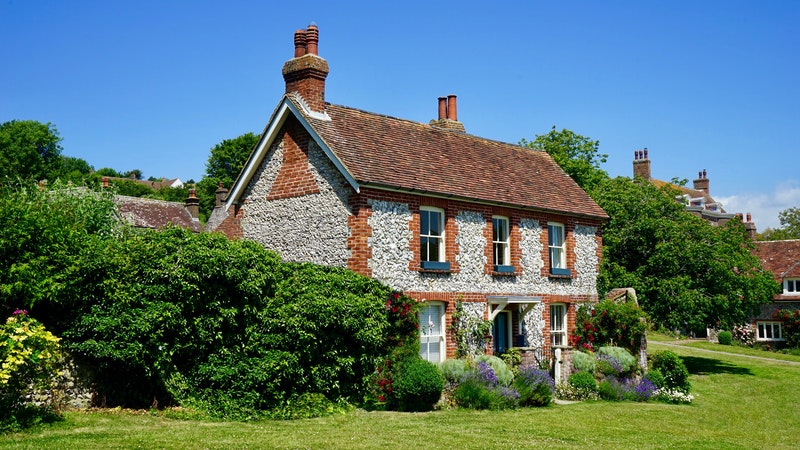
Image Source: pexels.com
To help you understand your home, you need to go back in time to when you bought the property initially and remember the age. If the home was built anywhere between the 1800s and the 1970s, the house has one of these hazards.
Despite the age, these problems can linger if not treated. So here’s our guide on the common hazards of living in an older home.
1. Defective Wiring
Let’s travel back in time again. If you can remember the exact year or believe your home was built sometime during the 1920s, it may have defective wiring.
When wiring was placed through rubber insulation, many thought this was a better way to control wires to prevent them from twisting. However, rubber doesn’t last if not maintained. Having defective wiring can cause many issues, such as house fires and power outages. We recommend contacting a professional to inspect and fix your problem.
2. Asbestos
Commonly used from the late 1860s to the early 1970s, asbestos is a mineralized material used as insulation. The insulation helped trap heat to keep homes warm during the winter. However, in modern times, asbestos is considered a safety hazard.
This is because asbestos is linked to many health conditions caused by long-term exposure to the material. Although the substance was widely banned in 1978, the materials are still used, and there’s still a possibility that your home has asbestos.
3. Windows
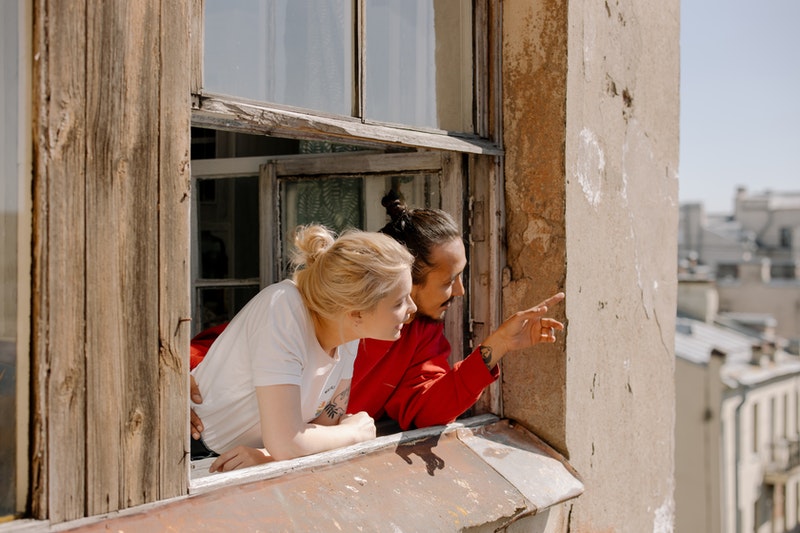
Image Source: pexels.com
We’re not saying you need to have a windowless house. Then again, having a windowless house might be fun. On the flip side, we want you to understand that specific windows aren’t suitable for the modern age, especially if you have children 10 years old or younger. When you’re looking over your windows, check to see if there’s a window stop or wedge to prevent children from slipping out or getting their heads caught.
If you still aren’t sure, get in touch with a window company that can come out and inspects the panes. After checking, install the recommended window types given to you by the window professional. Having better windows can improve energy costs and prevent injuries and fatalities.
4. Mold
Mold is a common issue that you can quickly resolve with the right supplies. Older homes would have a lot to tell if their walls could talk. However, walls are the most common area to grow mold, especially closer to the floor and ceiling.
Inspect the walls, floors, and other damp areas with a mold kit to detect mold problems. If there’s a mold problem, contact a professional to help you get rid of the problem.
When living in an older home, you need to prepare yourself to deal with the most common hazards of living in an older home. Take precautions and remove every problem safely, and use professional help when needed. Otherwise, you’re going to live in a home that smells and feels more like a cave. Do right and fix your older home’s problems.
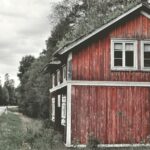
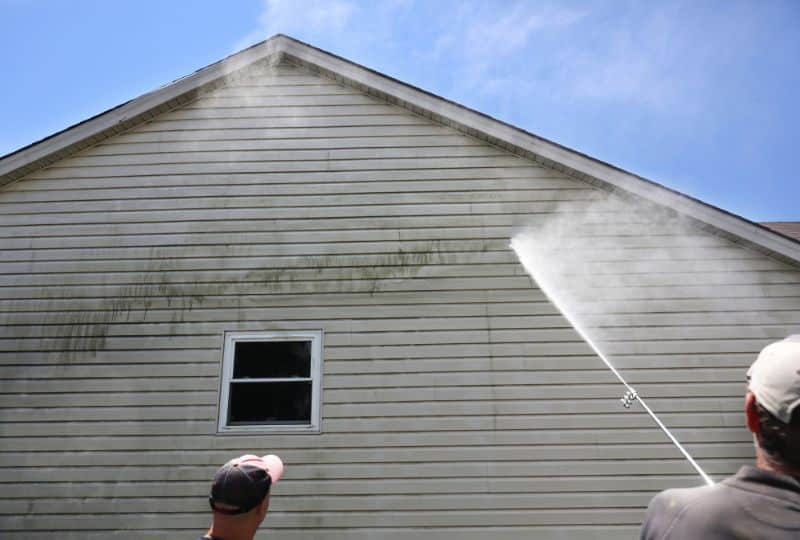
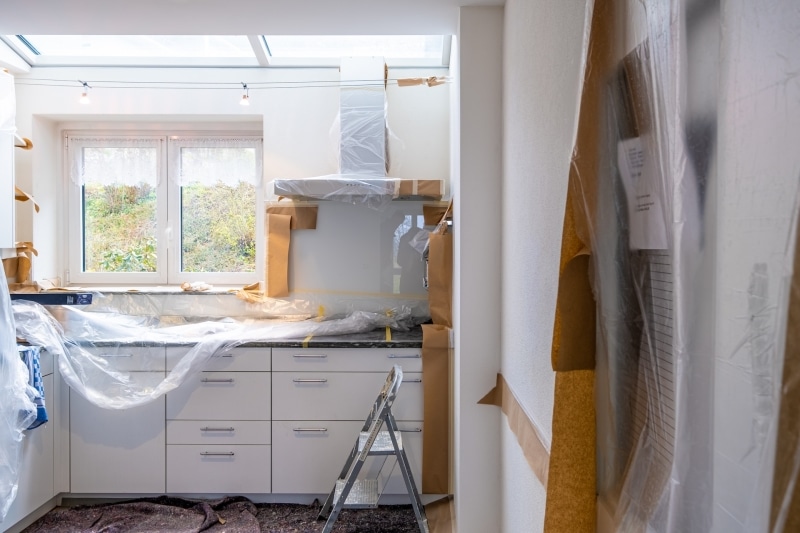
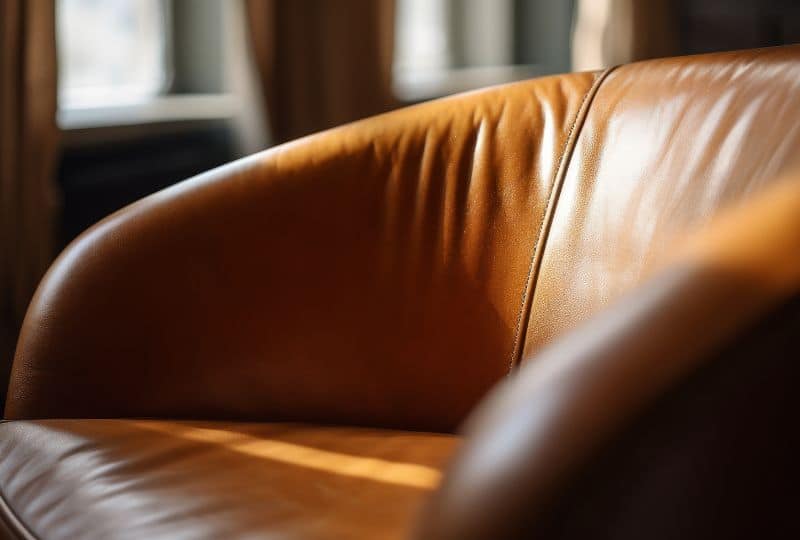
Leave a Reply